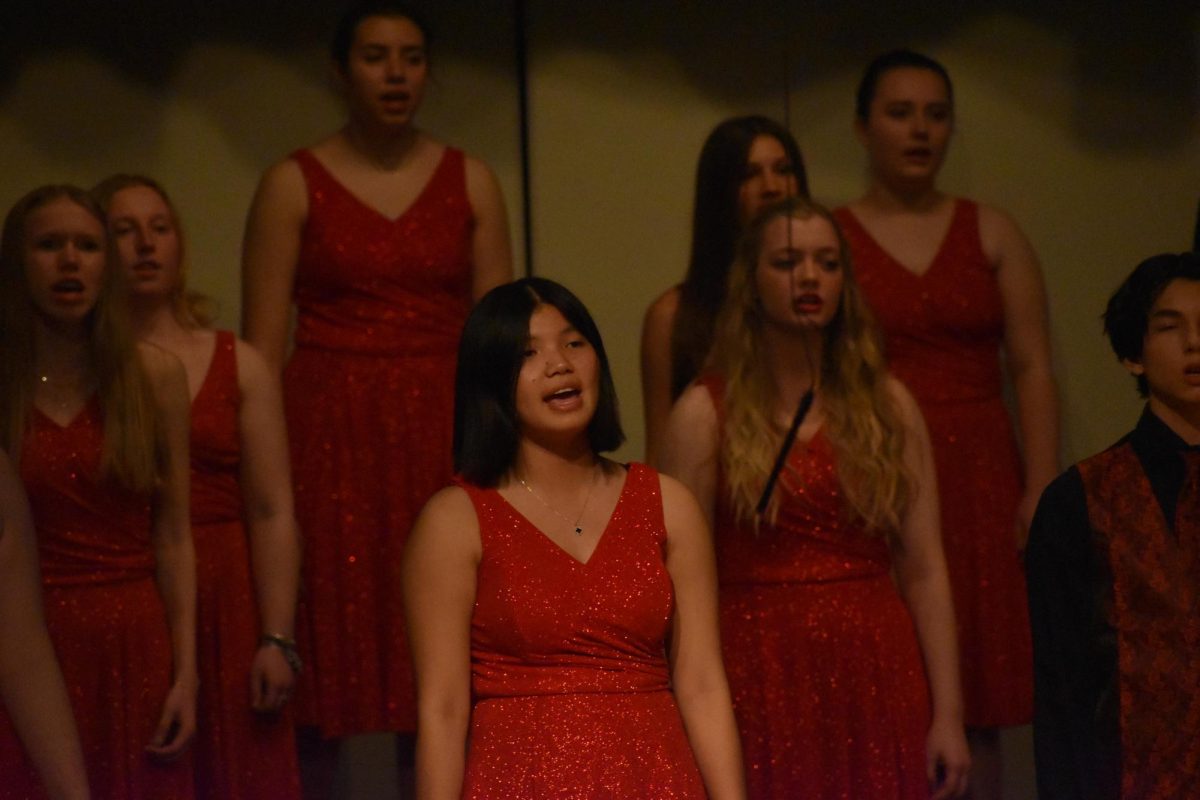Latino Music on the Rise
2017 proved to be the year many international artists broke through the glass ceiling of the notoriously unforgiving U.S music scene, where the charts and radio waves are ruled by predominantly English-speaking songs. More than twenty years since “The Macarena” by Los Del Rio first hit airplay, the U.S. is ripe for the introduction of global non-English acts.
Of course, American listeners are not unfamiliar with foreign acts especially Latin-based ones such as Enrique Iglesias, Shakira and the late songstress Selena. However, this past year shot Puerto Rican musical powers Luis Fonsi and Daddy Yankee accompanied by Justin Bieber to number one on the Billboard Hot 100 for 16 weeks for their remix of reggaeton pop song “Despacito”.
The accompanying music video become the most watched video on Youtube, surpassing Korean singer Psy’s “Gangnam Style”.
Luis Fonsi and Daddy Yankee were not the only Latin musicians to score charting songs on the Billboard chart. “Mi Gente” by Colombian singer J Balvin and French singer/producer Willy William peaked at number three on Billboard’s Hot 100 and number two on the Hot Latin Songs chart. After the song was remixed with Beyonce the song reached number one on the Hot Latin Songs chart, with all the profits from the song going to benefit victims of hurricane Maria in Puerto Rico.
“Mi Gente” and “Despacito” may have dominated the airwaves, six of 2017’s top 10 music videos on Youtube were by Latin American artists like Nicky Jam for “El Amante” at number seven and “ Felices los 4” by Maluma at number four were amongst others on the list.
This presence of Latin American music is not unknown in American culture, though many seem to be one-hit wonders and the artists fade from the U.S. music scene and gain relative fame in the Spanish-speaking market.
However, with the rise of new streaming services such as Spotify and Apple Music, the global audience has become more connected than ever before. Streaming has revolutionized the interconnection of people all over the world, whereas twenty years ago many people would have to visit other countries to hear any native singers or musicians.
These services allow any listener with a smartphone to be introduced to an entirely new world of music that disregards any sort of language barrier.
The music industry, similarly like the world is changing at a lightning pace. Whereas listeners are moving away from physical albums to the digital format and from streaming to downloading.
The rise of Latin music as well as K-pop (Korean pop music) and J-pop (Japanese pop music) can be attributed to the sudden widened horizon of music services where English is no longer a requirement to break into the global market. The number of bilingual crossover collaborations in 2017 attests to the idea that music is no longer confined to one genre, it is no longer confined to one part of the world, and it is no longer one language but many.





![At the pepfest on Feb. 13 the Winterfest Royalty nominees were introduced. There were two girls and two boys candidates from each grade. Royalty included Prince Axel Calderon (11), Jacob Miller (12), Princess Maya Fuller (11), Brecken Wacholz (10), Ethan Brownlee (9), Lord Given Saw (9), Lilly Elmer (9), Angela Buansombat (10), Queen Jenna Balfe (12), Hanna Austinson (11), Raegan Broskoff (8), Duchess Evalyn Holcomb (10), Jordyn Earl (8), and Lady Leighton Brenegan (9). Not pictured include: King Kaiden Baldwin-Rutherford (12), Piper Aanes (12), Blair Blake (11), Duke Kuol Duol (10), Thoo Kah (8) and Aidric Calderon (8). Student council member and Junior Prince Axel Calderon said, “It [the nomination] means that I’m kind of a student leader. I hopefully show younger kids what it means to be a part of the student council and lead the school.”](https://www.ahlahasa.com/wp-content/uploads/2025/03/front-page-1200x800.jpeg)














